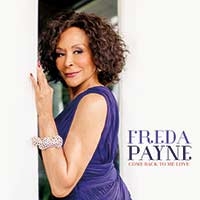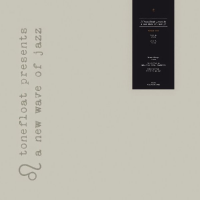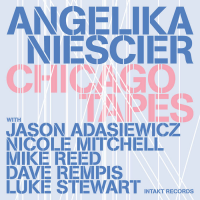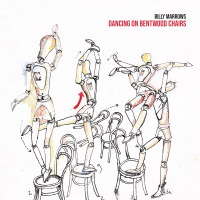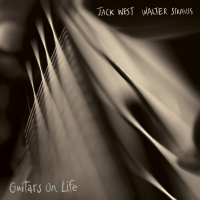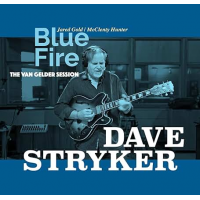Home » Jazz Articles » Album Review » Freda Payne: Come Back to Me Love
Freda Payne: Come Back to Me Love
Arranged and conducted by the brilliant pianist Bill Cunliffe, Come Back to Me Love features a full complement of brass and horns together with a cushion of violins, violas, cellos, and a guitar, vibraphone, and harp. It's an elaborate yet tasteful backdrop for the 14 songs in the session. These include six written by Gretchen C. Valade, the founder of Mack Records, whose lyrics are clever and ring true, but whose melodies don't rise to the classic level of "You'd Be So Nice to Come Home To," "The Island" and "Midnight Sun" (Note: the "Lately" on this track list is not by Stevie Wonder.) Payne's versatile voice, with its echoes of Dinah Washington, Marlena Shaw and Nancy Wilson, sounds best when belting through a blazing arrangement of "I'd Rather Drink Muddy Water," or sensuously wrapped around a beloved standard like "Guess I'll Hang My Tears Out to Dry."
It's ironic, given the luscious colors of all those horns and strings, that one of the album's standouts would be this simple quartet arrangement of ..."Tears" (bass, piano, brushes, guitar). Moreover—at least to these ears—Payne never sounds better than she does on "Spring Can Really Hang You Up the Most," which is just a duo with Cunliffe's eloquent and lyrical piano. Perhaps the intimacy of the setting makes the communication deeper and more direct; maybe Payne just had a special love for the song. It's also possible that things in the studio were simply more relaxed when it was recorded. In any case, it's a moving and memorable beauty, the crown jewel of a thoroughly enjoyable and versatile collection.
Track Listing
You’d Be So Nice to Come Home To; Haven’t We Met; Lately; Come Back to Me Love; Whatever Happened to Me; You Don’t Know; Save Your Love for Me; Guess I’ll Hang My Tears out to Dry; The Island; I Should Have Told Him; Midnight Sun; Spring can Really Hang You Up the Most; I’d Rather Drink Muddy Water.
Personnel
Freda Payne
vocalsFreda Payne: vocals; Bill Cunliffe: piano, synth; David Stone: bass; Dan Lutz: bass; Jonathan Richards: bass; Curt Bisquera: drums; Joe LaBarbera: drums; Walter Rodriguez: percussion; John Chiodini: guitar; Alisha Bauer: cello; Vanessa Freebairn-Smith: cello; Pete Christlieb: saxophone; Tom Peterson: saxophone; Keith Fiddmont: saxophone; Brian Scanlon: saxophone; Bob Sheppard: saxophone; Nick Mancini: vibraphone; Bob McChesney: trumpet: Carl Saunders: trumpet; Bob Summers: trumpet; Kye Palmer: trumpet; John Papenbook: trumpet; Bijon Watson: trumpet; Jeff Driskill: flute; Ben Devitt: trombone; Andy Martin: trombone; Bob McChesney: trombone: Ira Nepus: trombone; Briana Bandy: viola; Scott Hosfeld: viola; Jessica Vanvelzen Freer: viola; Amy Shulman: harp; Clayton Haslop: violin; Sharon Jackson: violin; Peter Kent: violin; Barbara Porter: violin; Erica Walczak: violin; John Wittenberg: violin; Judy Yoo: violin.
Album information
Title: Come Back to Me Love | Year Released: 2014 | Record Label: Mack Avenue Records
Tags
PREVIOUS / NEXT
Support All About Jazz
 All About Jazz has been a pillar of jazz since 1995, championing it as an art form and, more importantly, supporting the musicians who make it. Our enduring commitment has made "AAJ" one of the most culturally important websites of its kind, read by hundreds of thousands of fans, musicians and industry figures every month.
All About Jazz has been a pillar of jazz since 1995, championing it as an art form and, more importantly, supporting the musicians who make it. Our enduring commitment has made "AAJ" one of the most culturally important websites of its kind, read by hundreds of thousands of fans, musicians and industry figures every month.


